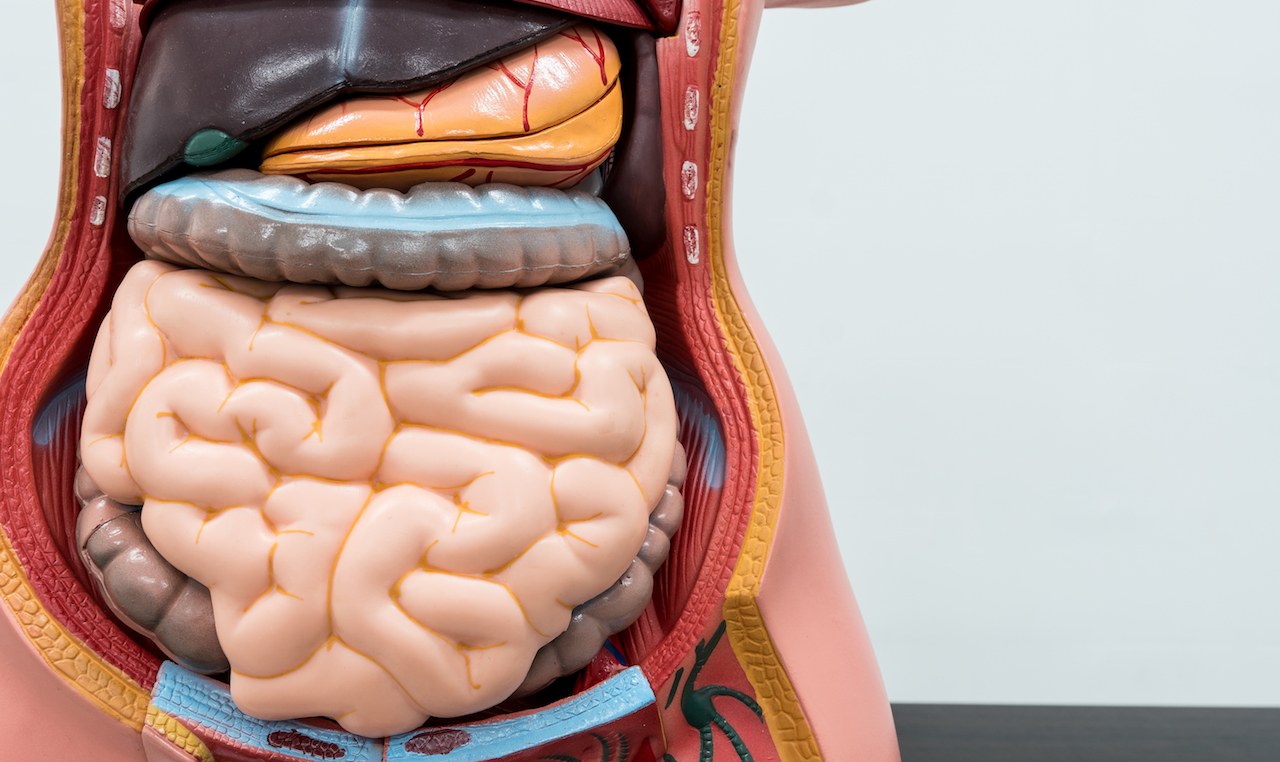Your digestive system houses your colon, which is lined with small sacs called diverticula. These sacs can often become inflamed. This inflammation is called diverticulitis.
A study in the Journal of Clinical Gastroenterology says that insufficient fibre intake often causes diverticulitis. It can be extremely painful, change your bowel movements and even bring on blood or mucus in your stools. You may also lose your appetite.
The most common symptoms of an attack are:
- abdominal pain
- nausea
- vomiting
- diarrhoea
- constipation
- bloating
- fever
- fatigue
Leaving this condition untreated and hoping it’ll sort itself out is asking for trouble. It can lead to serious complications if the infection spreads. If you have any of these symptoms, have it checked out as soon as you can by a doctor.
Treating the condition
Your treatment will depend on the severity of your symptoms. If you don’t have severe stomach cramps, your symptoms aren’t too bad, and you’re able to hold down food and liquids, your doctor will most likely suggest:
- A course of antibiotics and some antispasmodic drugs to relieve stomach cramps.
- Changes to your diet; bland foods and clear liquids until you start feeling better.
- An increase in your fibre intake as soon as your symptoms start to clear.
Sometimes, the symptoms can become so severe that you’re unable to hold down food and liquids. In that case, you will need an IV drip to receive medicine and liquids. This will also help your bowels and digestive tract to rest so you can heal faster.
Healing foods
As you recover, your doctor will recommend a liquid diet, followed by bland low-fibre food. Good examples of what to eat and drink when you have diverticulitis include:
- Broths
- Tea without milk
- Clear fruit juice without pulp
- Water
- Refined white bread
- White rice, pasta or noodles
- Fruity ice lollies without pips or pulp
Foods that aggravate diverculitis:
- Popcorn
- Sesame and flaxseeds
- Red meat
- Processed or deep-fried foods
- Spicy foods
When in doubt, talk to your doctor about what you should and shouldn’t be eating. If you find that any food makes your symptoms worse, it’s a good idea to cut that out.
Keep diverticulitis at bay
Eat more fibre as you recover. Fibre softens up the stools, helping them to pass through your intestines easily. You’ll also suffer less with cramps and constipation by upping your fibre intake. Doctors recommend:
- Include more fruit, vegetables and wheat bran in your diet.
- Drink at least six glasses of water a day.
- Go to the doctor regularly to monitor your condition.
- Take probiotics to regulate the bacteria in your gut and to help fight inflammation.
- Maintain a healthy weight. Studies show that an unhealthy weight can make you more likely to suffer from diverticulitis.
References
- https://www.webmd.com/digestive-disorders/tc/diverticulitis-treatment-overview#1
- http://journals.lww.com/jcge/Abstract/2006/08001/What_Do_We_Know_About_Diverticular_Disease___A.2.aspx
- http://www.health24.com/Medical/Digestive-health/Common-digestive-disorders/what-is-diverticulosis-and-diverticulitis-20160217-2
- http://www.health24.com/Medical/Digestive-health/Common-digestive-disorders/Diverticulitis-can-diet-help-20130210

